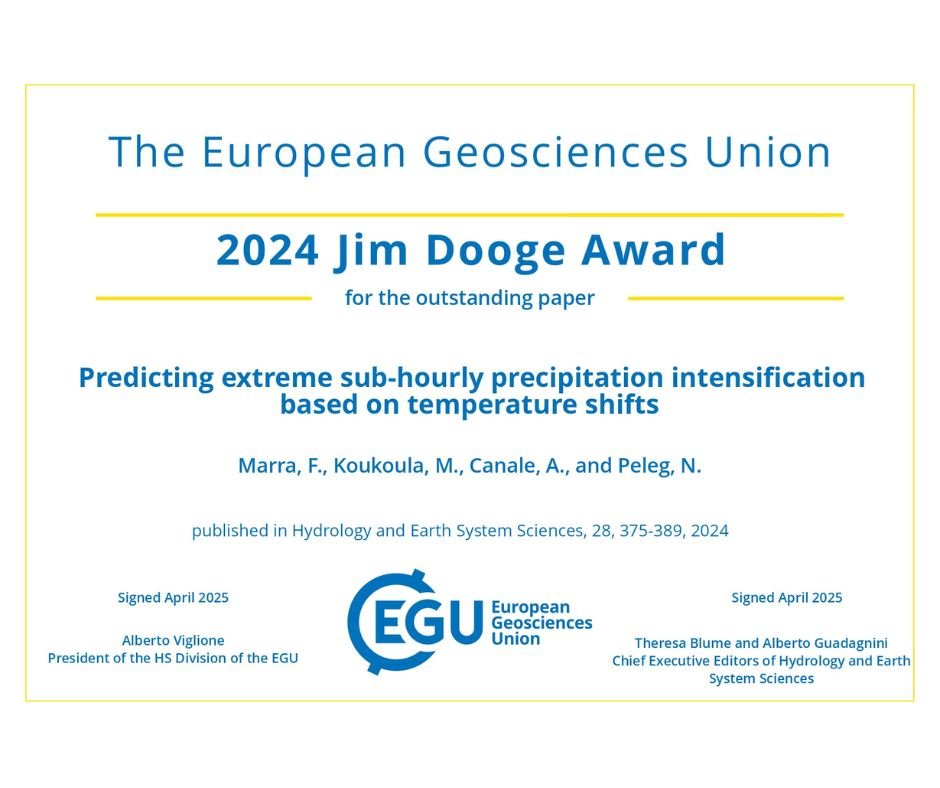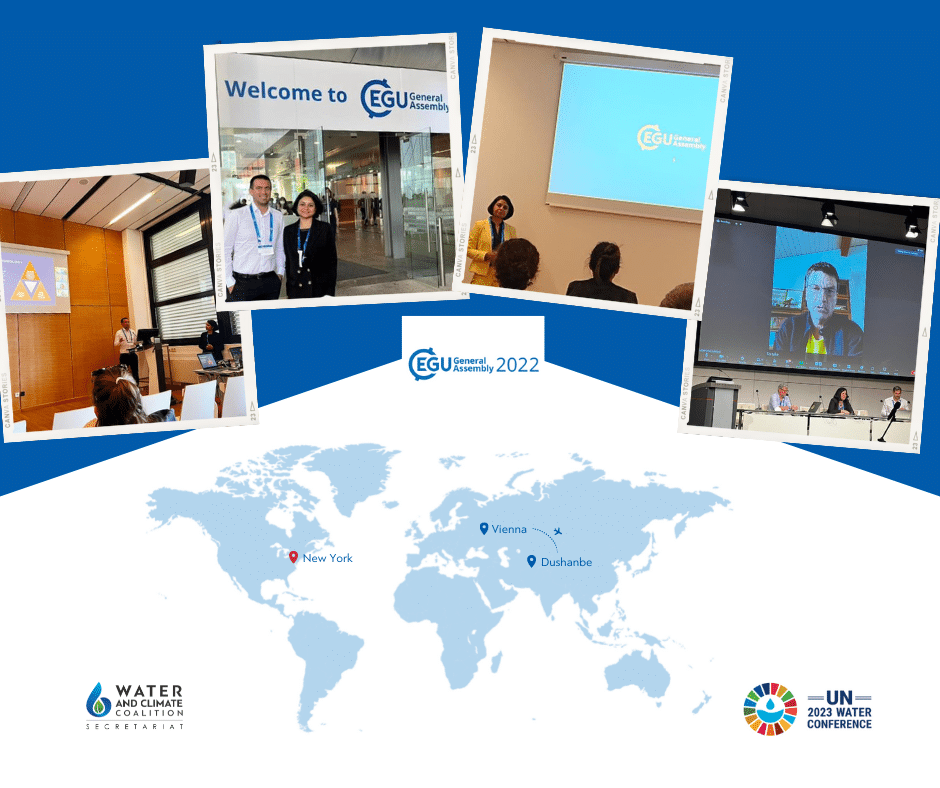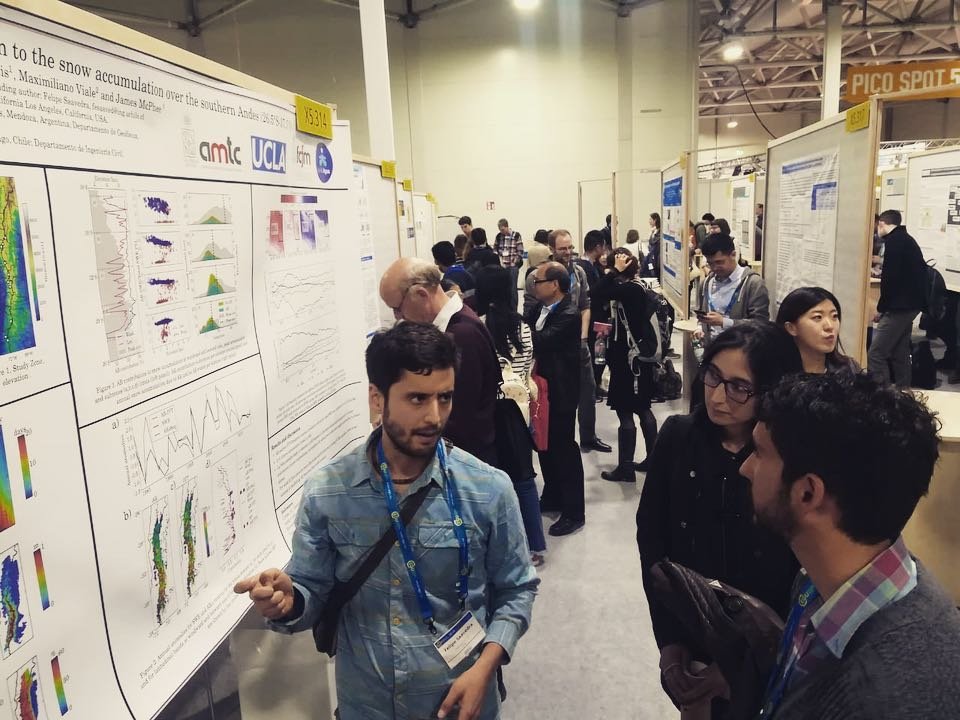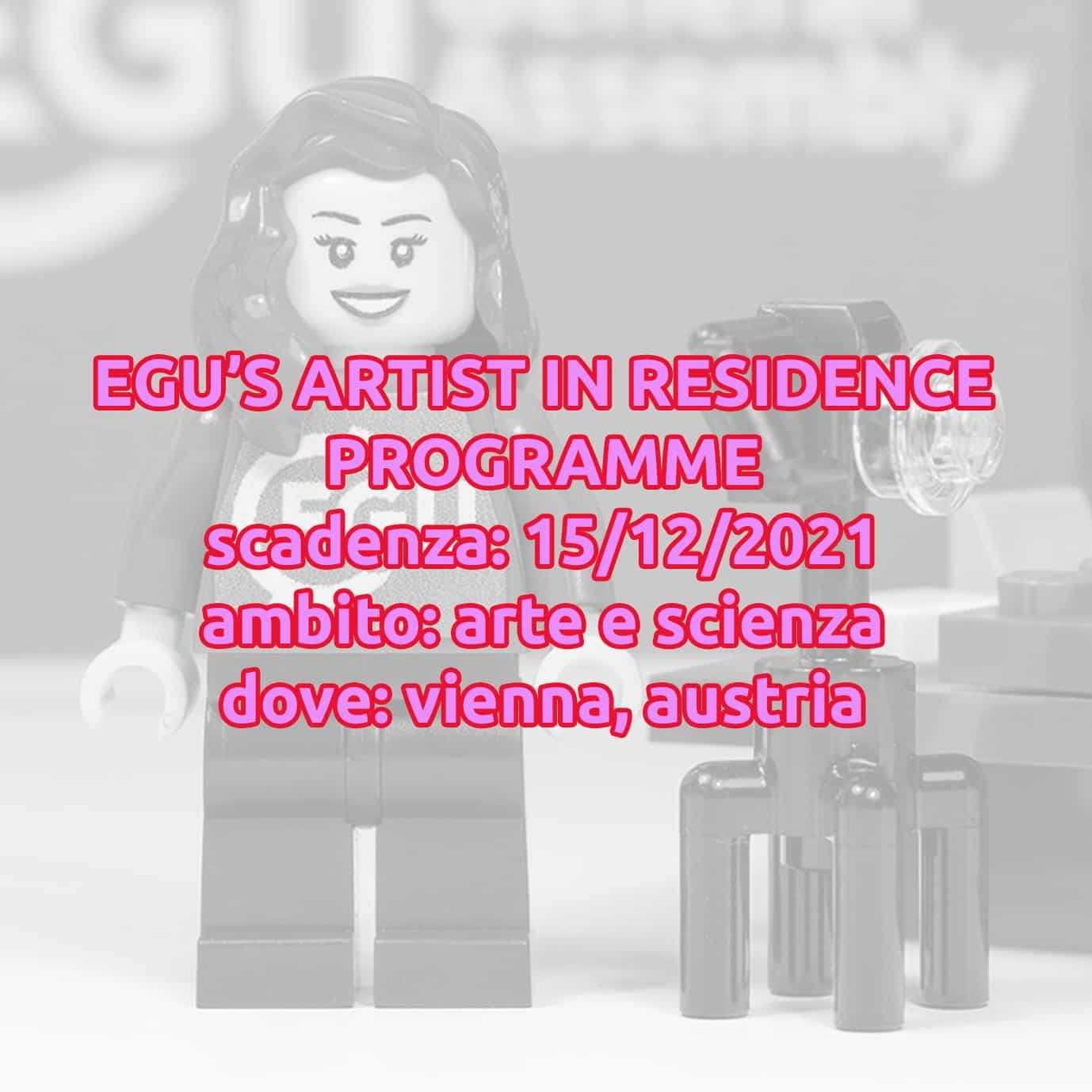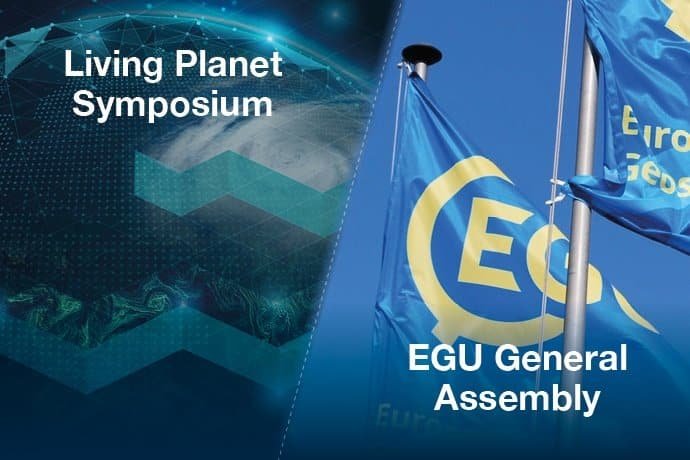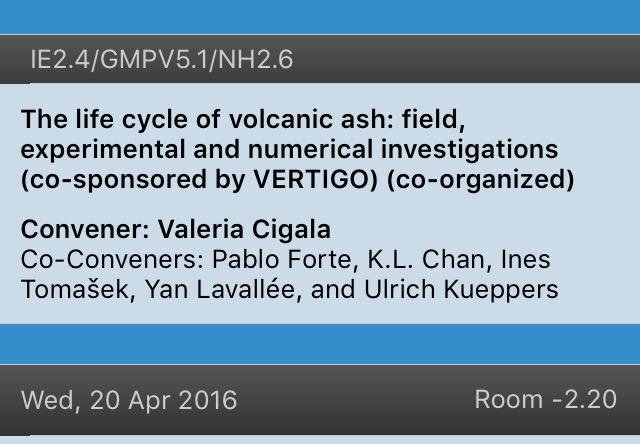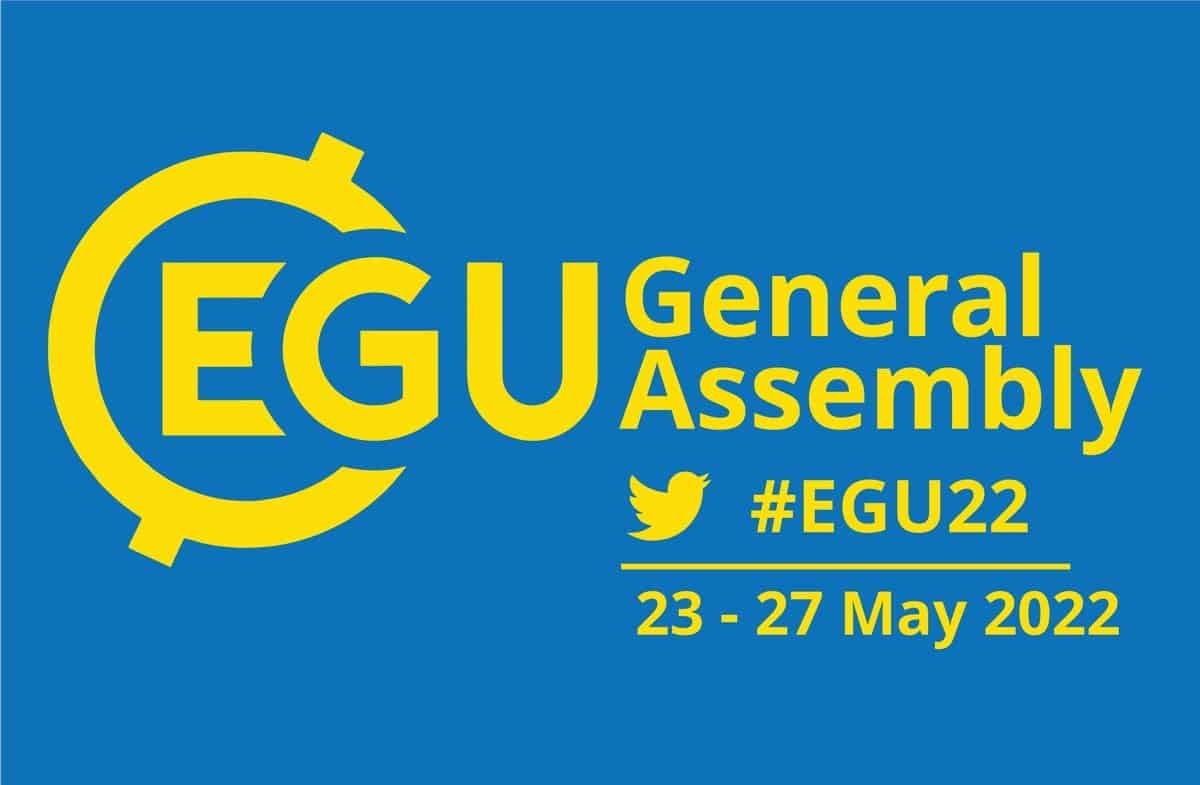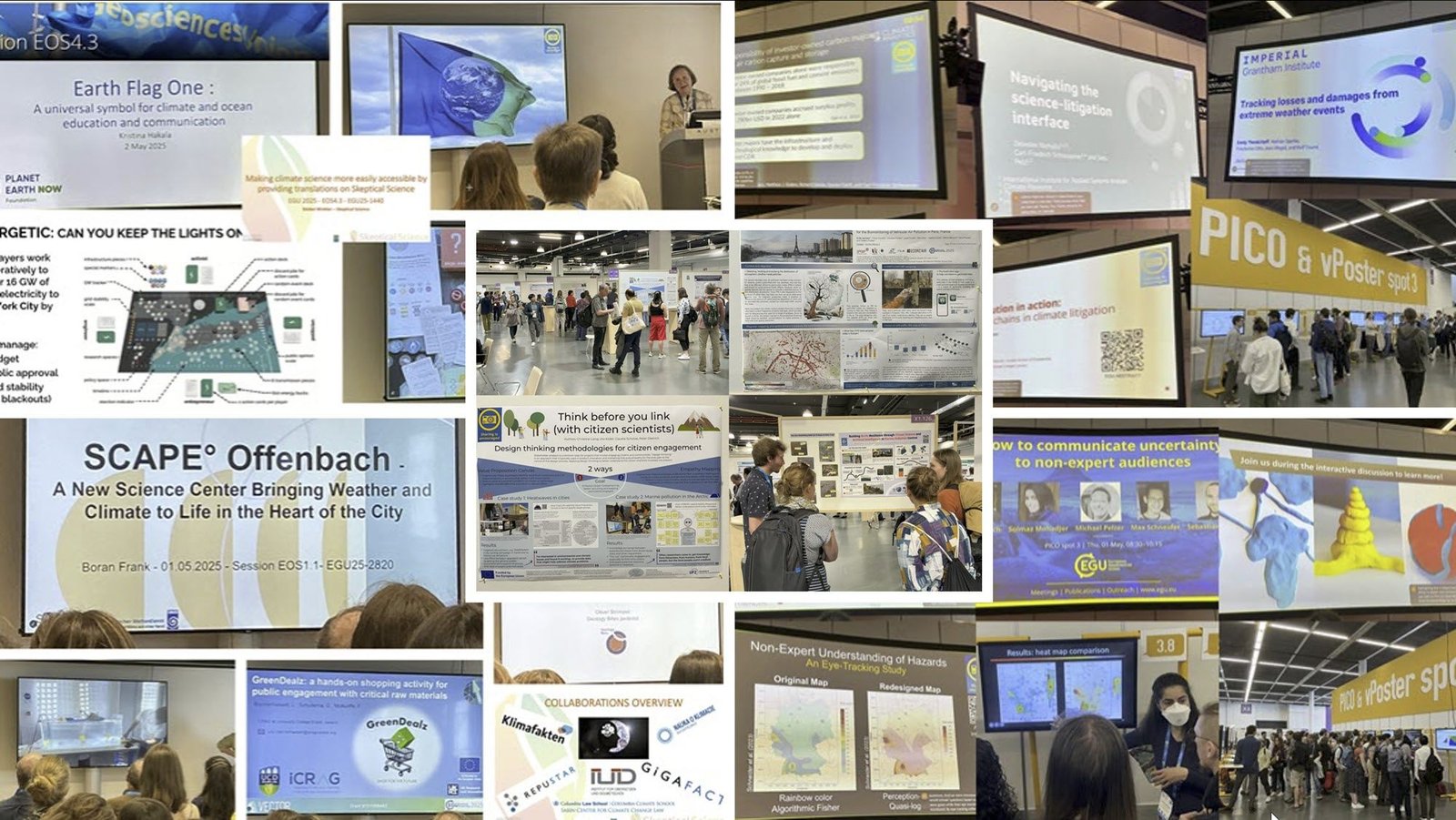European Geosciences Union General Assembly 2026 – Vienna, Austria
Overview
The European Geosciences Union (EGU) General Assembly 2026 is Europe’s premier geosciences conference, uniting over 20,000 scientists, researchers, and early-career professionals from around the world to advance Earth, planetary, and space sciences. Held as a hybrid event in Vienna, it features more than 1,000 sessions covering diverse topics from climate dynamics and volcanology to planetary exploration and sustainable resource management, fostering groundbreaking discussions on societal challenges like environmental resilience and energy transitions. With a legacy of innovation since its founding in 2002, EGU 2026 emphasizes open-access knowledge sharing through interactive presentations, workshops, and networking opportunities that bridge fundamental research with real-world applications.
This assembly not only showcases cutting-edge findings via oral sessions, posters, and short courses but also promotes inclusivity through dedicated early-career scientist (ECS) programs, equality initiatives, and outreach activities. Backed by 19 open-access journals and prestigious awards like Union Medals, EGU 2026 serves as a global catalyst for collaboration, equipping attendees with tools to address pressing planetary issues while celebrating geosciences’ role in building a sustainable future for humanity.
Event Highlights
- Main attractions: Over 16,000 presentations in 900+ sessions spanning geosciences disciplines, including keynote lectures on Earth’s internal structure, atmospheric modeling, and space weather, alongside interactive exhibits like Imaggeo’s image repository showcasing geoscience visuals from global contributors.
- Main activities or performances: Core activities include Union Symposia on interdisciplinary topics like climate adaptation, hands-on short courses for skill-building in data analysis and modeling, and live PICO sessions blending oral and poster formats for dynamic knowledge exchange, with special townhall meetings for community feedback.
- Special traditions or features: Iconic traditions feature the awards ceremony honoring 30+ medals and awards for excellence, complemented by features like the Green EGU initiative promoting sustainable practices, first-timers’ orientation sessions, and policy dialogues communicating research to policymakers.
- Unique attractions for visitors: Standout elements encompass the EGUsphere platform for real-time abstract discussions, networking lounges for cross-disciplinary connections, and public engagement events like GIFT workshops for educators, offering rare access to planetary simulations and geohazards demos not found elsewhere.
Why Attend
Attending the EGU General Assembly 2026 in Vienna provides unmatched access to the forefront of geosciences, where global experts converge to tackle humanity’s biggest environmental puzzles through collaborative sessions and innovative tools. Professionals and students can present research, forge international partnerships, and gain insights into emerging technologies like AI-driven climate modeling, all while earning continuing education credits in a supportive, hybrid format that accommodates diverse participation levels. With free access to proceedings and a focus on early-career development, it’s an ideal platform for advancing careers and contributing to sustainable solutions.
Enjoy Your Event Stress-Free with Euro Travelo
Planning a trip to attend a festival, concert, or business event in Europe can be overwhelming—tickets, travel, accommodation, and local logistics all take time and effort. Euro Travelo makes it simple by providing everything you need through one trusted company. You save time, avoid stress, and enjoy a seamless experience from start to finish.
Why Choose Euro Travelo:
- Secure and easy ticket booking for concerts, festivals, theaters, and business events.
- Complete travel planning including flights, trains, and local transportation.
- Accommodation arrangements near event venues, tailored to your needs.
- Convenient local transfers, from airport pickups to private shuttles.
- On-site concierge support to help you navigate venues and schedules.
- Custom itineraries and experience packages combining multiple events, tours, and activities.
- Secure payment process, making it safe and convenient to book all services online.
- Flexibility: even if you need only one service, we can assist individually.
Beyond science, EGU 2026 immerses attendees in Vienna’s rich cultural tapestry, blending rigorous discourse with networking receptions and outreach that amplify geosciences’ societal impact. Whether debating energy resources at Union Symposia or exploring planetary exhibits, participants emerge inspired and equipped to drive policy-relevant change, turning this assembly into a pivotal milestone for personal growth and global progress in Earth sciences.
Date & Duration
Dates: May 3 – May 8, 2026
Duration: 6 days
Venue / Location
The assembly takes place at the Austria Center Vienna (ACV), a state-of-the-art convention hub designed for large-scale scientific gatherings, with hybrid options for online participation.
Main venue: Austria Center Vienna, Bruno-Kreisky-Platz 1, 1220 Vienna, Austria.
Ticket Information
- Registration is handled online via the official EGU website, with early-bird rates available until April 1, 2026; on-site registration possible but higher fees apply.
- Admission requires paid registration for in-person or full hybrid access; abstracts and support applications precede registration.
- Fees are tiered: reduced rates for members, students, and early-career scientists; financial support available via grants (deadline December 1, 2025).
- No lottery system; packages include bundled registration with abstract submission or ECS mentoring add-ons.
- Special options encompass childcare services (opens March 2026) and accessibility accommodations like live captioning.
- Ticket pricing: Early-bird from $150 USD (student/early-career reduced rate) to $550 USD (standard full access); late/on-site up to $700 USD.
- Prices in USD only; range covers basic online to comprehensive in-person packages.
- Official sites: https://www.egu.eu, https://egu26.eu
Booking with Euro Travelo
Looking to attend this event hassle-free? Euro Travelo can help you secure tickets, arrange travel, and manage your trip from start to finish. Whether it’s a business conference, trade show, or cultural festival, our team makes it easy for international visitors to join events across Europe.
Contact Euro Travelo today to book your tickets and travel arrangements.
Contact Information
- Email: info@egu.eu (general inquiries); communications@egu.eu (programme and media).
- Phone: +49 89 2180 6549 (EGU Executive Office, multilingual support available).
- Website: https://www.egu.eu.
- Social Media: @EuroGeosciences (Twitter/X), @egu_europe (Instagram).
- Key Staff: Philippe Courtial (Executive Secretary); Asmae Ourkiya (Media Officer).
- Press/Volunteers: Email media@egu.eu (press); volunteer opportunities via login portal (TBD for 2026).
- Note: Response time ~24–48 hours. English/German support available.
Getting There
- Nearest airports: Vienna International Airport (VIE, 18km southeast, 20-min City Airport Train to ACV for €12).
- Public transport: U1 subway from city center to Kagran stop (15 mins, €2.40); direct trams and buses to ACV; Vienna Pass for unlimited travel.
- Parking: On-site at ACV (€20/day, 1,200 spaces); electric charging available; public garages nearby with shuttle links.
- Driving: From A4 motorway, exit In der Wüste; apps like WienMobil guide to ACV; low-emission zones enforced.
- Taxis/Rideshares: Airport taxis €40–50 (20 mins); Uber/Bolt widely available; event shuttles for groups.
- Accessibility: Fully wheelchair-accessible venue with ramps, elevators, and quiet rooms; request interpreters via registration.
Accommodation Options
- Budget: Ibis Wien Hauptbahnhof (metro to ACV, €80–110/night, modern rooms with WiFi).
- Mid-range: Hotel Daniel Vienna (10-min drive, €120–160/night, rooftop pool and Danube views).
- Luxury: Hilton Vienna Danube Waterfront (walking distance to ACV, €180–250/night, spa and conference perks).
- Central Vienna: Hotel Gilbert (near U1 line, €100–140/night, boutique style with breakfast).
- Event packages: EGU partners like Booking.com offer discounted blocks near ACV; book early for May peak.
- Alternatives: Airbnb in Donaustadt district (€70–100/night); chains like Accor provide shuttle services.
Reviews
Mind-blowing scope—networked with climate modelers from 50 countries and left with collab ideas that shaped my next grant. The hybrid setup was seamless; caught Vienna sessions live and tuned into planetary talks from home without missing a beat. Awards night was inspiring—saw legends honored and felt the geoscience community’s pulse in one electric week.
Maps
Contact
Video
FAQ's
What makes EGU General Assembly unique for geoscientists?
EGU26 stands out as Europe's largest geoscience event, hosting 20,000+ attendees in a hybrid format across 1,000+ sessions on Earth, planetary, and space topics, with open-access EGUsphere for interactive discussions, dedicated ECS support like mentoring and reduced fees, and interdisciplinary Union Symposia tackling sustainability, all while awarding 50+ medals to celebrate excellence and foster global collaborations in Vienna's vibrant setting.
How do I register and submit abstracts for EGU 2026?
Registration opens post-abstract deadline on January 15, 2026 (13:00 CET), via egu.eu with early-bird savings until April 1; abstracts start October 22, 2025, requiring login and selection from 50+ programme groups, with late options through conveners until January 22 and support applications due December 1 for grants covering fees/travel, ensuring broad accessibility for students and professionals alike.
Are there opportunities for early-career scientists or students?
Absolutely, ECS get tailored sessions, financial aid (up to 50% fee waivers), and networking via dedicated lounges and townhalls, plus student awards for outstanding posters/orals and short courses on skills like data visualization, with 22 division-specific recognitions and mentoring matching to connect newcomers with leaders in fields from volcanology to space sciences.
What sustainability and policy initiatives are highlighted?
Sustainability is core via Green EGU guidelines for low-carbon travel and zero-waste venues, plus sessions on climate resilience and resource equity, with policy forums bridging research to EU directives and public outreach like GIFT teacher workshops, empowering attendees to influence global agendas through communicated findings and EDI committee-driven inclusivity.
Can I combine in-person attendance with online elements or other Vienna events?
Yes, the hybrid model lets you mix live Vienna sessions with streamed ones worldwide, while May timing aligns with Vienna's spring festivals or EAGE conferences, using ACV's proximity to public transport for easy hops, plus combo guides for cultural add-ons like Danube cruises, enhancing your geoscience immersion with the city's scientific heritage.

